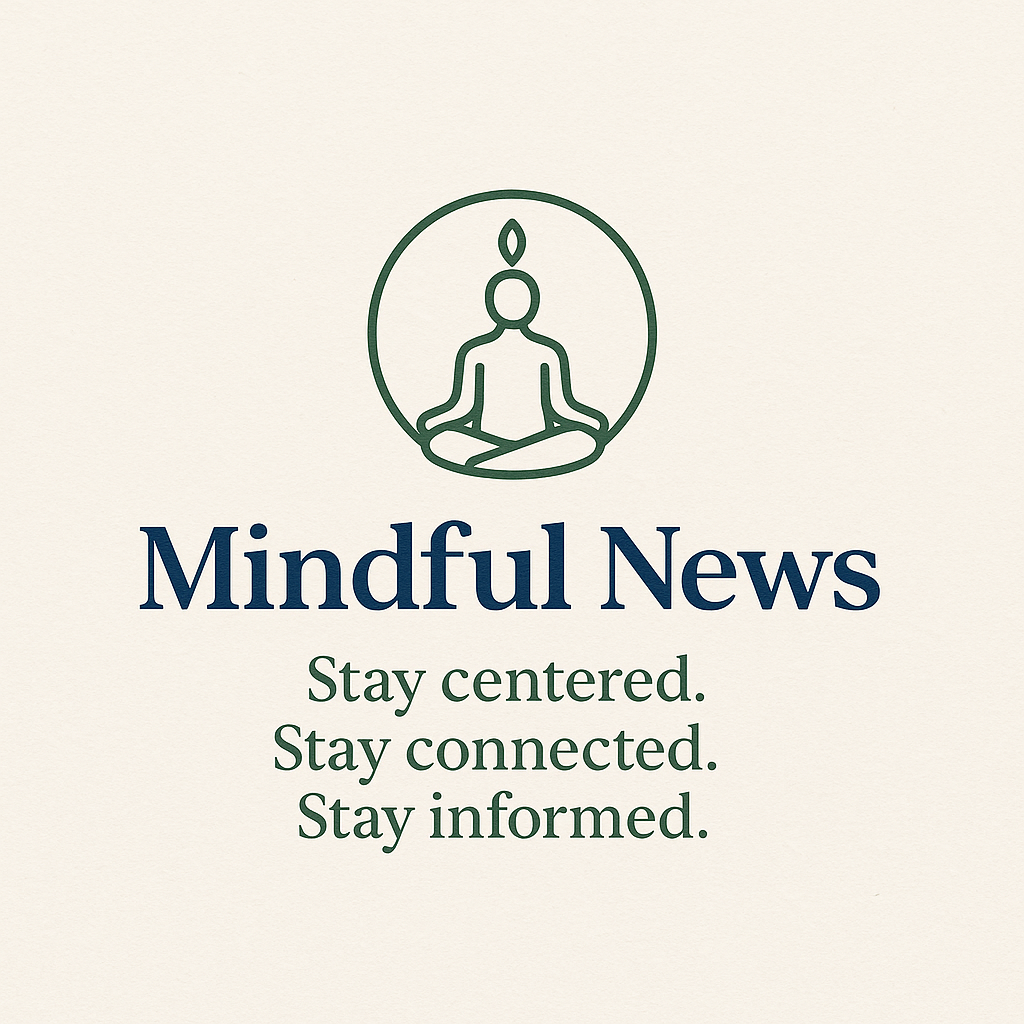

In the ever-evolving landscape of international diplomacy, recent interactions among global powers highlight both opportunities and challenges in fostering trust and cooperation. Discussions between the European Union and China, coupled with renewed interest in nuclear talks with Iran, offer a glimpse into the complex web of geopolitical relationships unfolding today.
This past week, the summit between European Union leaders and the Chinese government in Beijing marked a promising step towards restoring mutual trust. European Commission President Ursula von der Leyen and Council President Antonio Costa met with Chinese Premier Xi Jinping, engaging in meaningful dialogue to address economic partnerships and global policy issues. The tone was constructive, with both sides expressing a commitment to strengthening ties and ensuring a stable international environment. Observers noted this summit as a positive development, signaling a willingness from both parties to bridge differences and work collaboratively on shared challenges, from climate change to technological advancement.
Meanwhile, Europe finds itself at a crossroads regarding the delicate issue of Iran’s nuclear aspirations. Nearly a decade after the initial Iran nuclear deal, European leaders must decide whether to reassert their diplomatic influence or adopt a more passive stance. With global security in mind, the decision carries significant implications. Iran has recently signaled its openness to discussions, provided there is a concerted effort, particularly from the United States, to rebuild trust. This diplomatic dance underscores the delicate balance of power and the necessity for transparent, trust-building measures as the European Union, alongside Britain, France, and Germany, prepares for discussions in Istanbul.
Concurrently, diplomatic tensions arise for the United Kingdom, challenged by criticism from international bodies over its domestic policies. The UN human rights chief, Volker Türk, recently indicted the UK government’s decision to ban Palestine Action, a pro-Palestinian activist group. The Home Office’s move to designate the group as a terrorist organization has been viewed as a potential infringement on the rights of freedom of expression and peaceful assembly. Türk’s comments highlight the ongoing dialogue around national security measures and international human rights standards, suggesting a need for alignment with global legal frameworks.
As these diplomatic stories unfold, they reflect larger themes of trust and collaboration on the global stage. The rays of hope emanate from reinforcing diplomatic channels, encouraging a culture of cooperation over confrontation. Global stability often hinges on the ability of world leaders to navigate complex issues with mutual respect and a shared vision for a peaceful future. Whether it is rebuilding trust through dialogue and summits or navigating the intricacies of international law, each step forward contributes to a more harmonious global community.
In conclusion, the current international climate suggests a leaning towards renewed dialogue and collaboration. As countries navigate their intricate relations, cultivating trust remains central to global diplomacy. Observing these developments with mindfulness encourages a path that prioritizes peace and collective well-being over conflict. The groundwork being laid today has the potential to foster a more cohesive world, one built on the foundations of understanding and mutual respect.
Source: {link}
